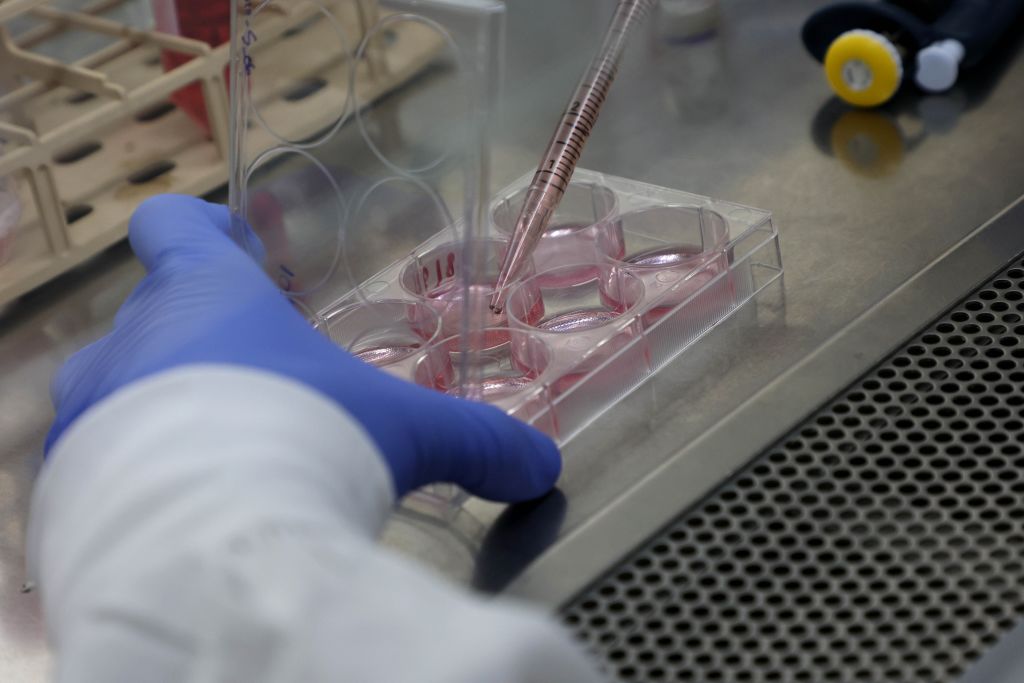The U.S. Food and Drug Administration’s Pediatric Advisory Committee is discussing the potential for human trials involving artificial wombs, with companies such as Vitara Biomedical advocating for their use to improve survival rates for premature babies. However, the technology has been met with concerns over potential legal and ethical complications.
Researchers from the Children’s Hospital of Philadelphia are seeking approval for their extra-uterine environment for newborn development (EXTEND), an artificial womb that simulates some elements of a natural womb. This technology aims to increase survival and improve outcomes for extremely premature babies, defined as those born earlier than 28 weeks of gestation. Bloomberg reported that premature lambs kept inside a similar artificial womb developed normally.
The process involves transitioning the baby from its mother to the artificial womb via a complex C-section. The baby is then placed in a “biobag” filled with sterile fluid that mimics amniotic fluid. Tubes inserted into the baby’s umbilical blood vessels provide nutrition, while a membrane oxygenator supplies oxygen.
However, Nature reported potential implications for abortion laws, as the technology could extend fetal viability much earlier than currently recognized. Pro-abortion advocates argue that this could negatively impact abortion policies worldwide by offering an alternative to traditional abortion methods.
Former Google CEO Eric Schmidt’s venture capital firm, First Spark Ventures, has invested significantly in Vitara Biomedical, aiding the company in raising $100 million to develop EXTEND. Several researchers from the Children’s Hospital of Philadelphia have joined Vitara in their efforts.
Despite the potential benefits, there are fears that the technology could lead to abuse due to potential legal loopholes. Chloe Romanis, a biolawyer at Durham Law School in the UK, told Nature that babies grown in artificial wombs wouldn’t be considered fetuses in the conventional sense, which could have legal implications.













